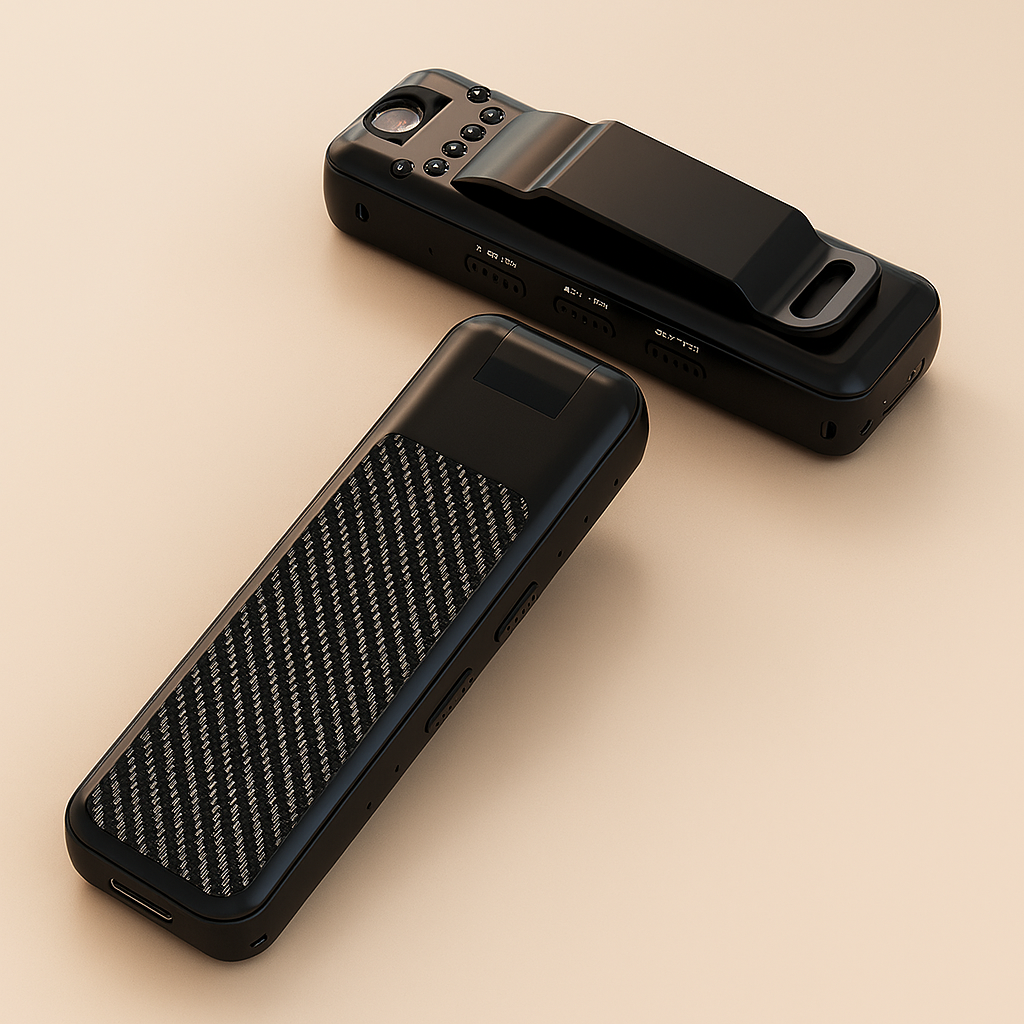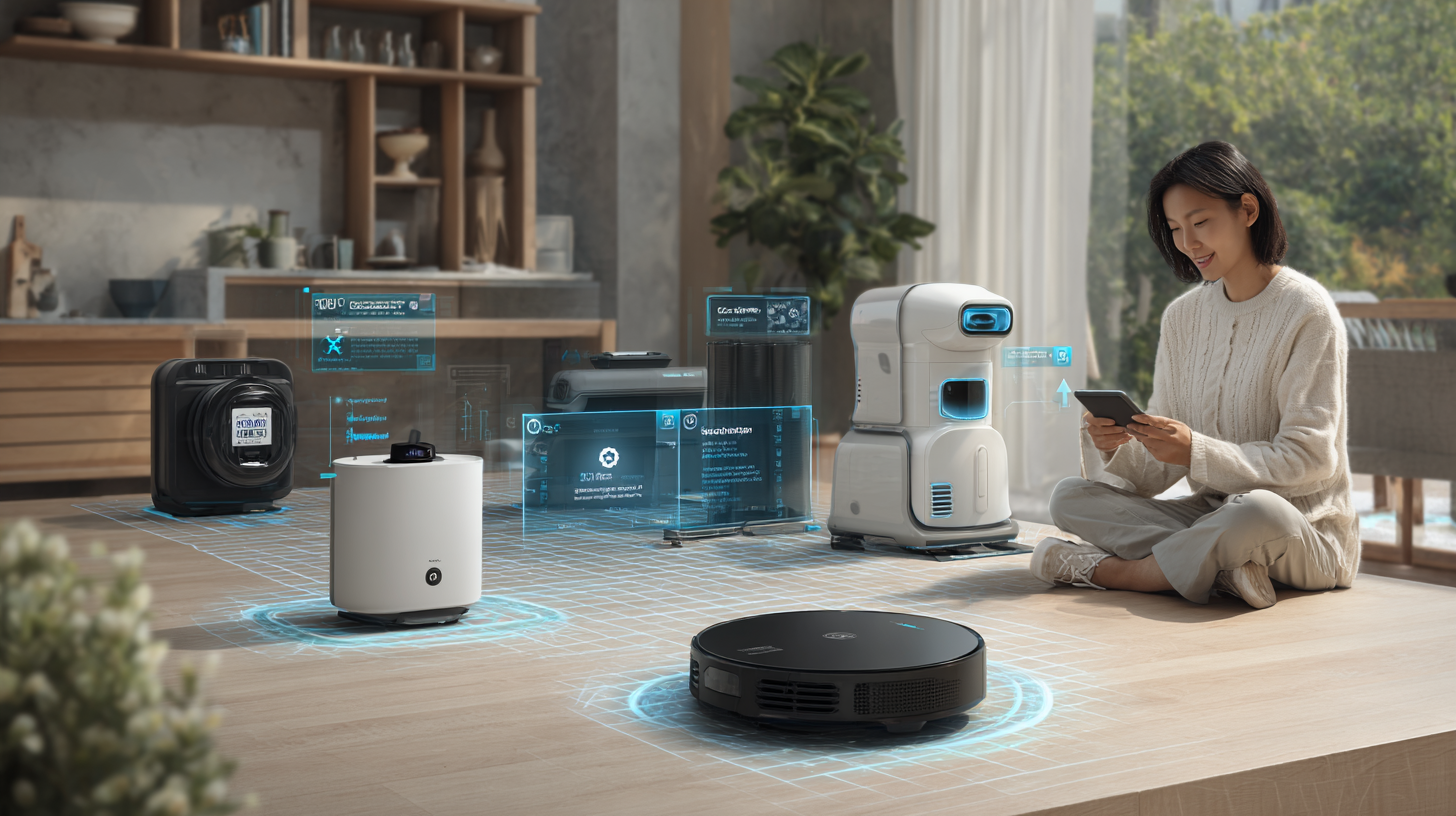Good morning, AMEPGADGET readers — August 19, 2025. Samsung just dropped a headline many of us should notice: its Bespoke Jet Bot Steam robot vacuum series has earned a “Diamond” security rating from UL Solutions’ IoT Security Rating Program. That’s the program’s top tier, and it’s a useful cue for shoppers: security checks are now part of what makes a connected appliance worth buying.
What “Diamond” actually means (in plain language)
- Top-tier protection: Diamond is the highest level in UL’s program. It indicates the product meets strict criteria for resisting attacks and protecting data.
- Key capabilities tested: The device must block malware, prevent unauthorized access, anonymize sensitive data, detect unknown threats, and run real-time vulnerability management.
- Independent verification: UL Solutions runs objective tests so the claim isn’t just marketing—third-party checks are a big plus when you’re investing in connected gear.
How Samsung says it achieved that level
Samsung’s announcement credits a suite of built-in security measures:
- Device-level protection: Sensitive info is stored in a separate hardware module rather than in ordinary memory, making it harder for attackers to extract credentials or keys.
- Encrypted communications: Data between the device and cloud or phone apps is encrypted so it’s much harder for eavesdroppers to intercept.
- Ongoing vulnerability management: The device is designed to detect threats and receive updates to close holes quickly.
- Security monitoring: Samsung describes a trust-chain system that monitors device security status in real time—think of it as a watchful layer checking that devices stay healthy.
Why this matters to you
Connected vacuums and other smart appliances can do more than clean — they have cameras, microphones or access to other home systems. A device with a strong security pedigree reduces the odds of unauthorized access to your home network or personal data. In short: this certification is a sign that the manufacturer took security seriously during design, not just after the product shipped.
Practical tips when you shop for connected appliances
- Look for security claims verified by a third party. A recognized verification (like UL Solutions) is more trustworthy than vague marketing lines.
- Check update policy. Buy from brands that commit to firmware updates and publish a clear support timeline.
- Limit accounts and data sharing. Create a dedicated appliance account email and review privacy settings — disable features you don’t need.
- Keep devices on a separate network. Put appliances on a guest or IoT SSID so a compromised gadget can’t reach your computers or phone.
- Change default passwords and enable 2FA where available. Small steps that block easy attacks.
Quick checklist before you press “Buy”
- Does the product list a third-party security rating or certification?
- Is firmware updated automatically or easy to apply?
- Does the maker document how it handles user data and account security?
- Can the device work with local-only features (less cloud exposure)?
- Is there an option to isolate the device on its own network?
Related AMEPGADGET resources
Want hands-on advice for securing your smart home? Read our Wi‑Fi and network guide: Fix Your Wi‑Fi, Fix Your Smart Home. Looking for robot vacuums and accessories? Browse our picks at AMEPGADGET Shop — Robotic Vacuums. And if you’re checking competing security claims, our roundup of smart-home security features is here: Robot Vacuum Security: What to Look For.
Bottom line
A Diamond security rating doesn’t make a device invulnerable, but it does mean the maker has done extra work to reduce common risks. For anyone buying connected appliances this year, security credentials are now a useful part of the shopping checklist — right up there with price, performance and warranty.
We’ll keep watching how security standards evolve at IFA and beyond. If you have a smart appliance you rely on every day, tell us which one and how you ’ve secured it — we’ll share reader tips in a follow-up post.



0 comments